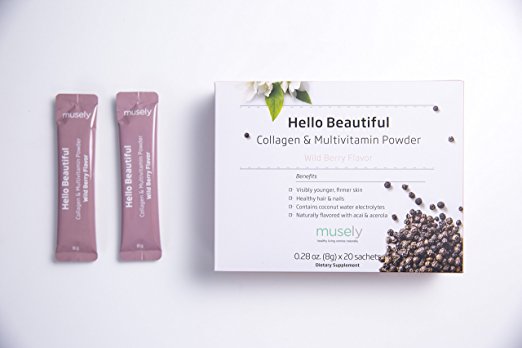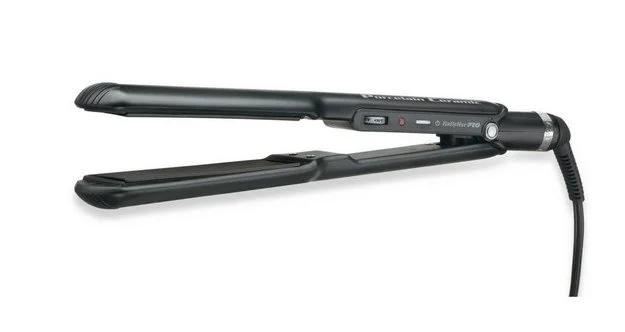Collagen Supplements: Worth it or Waste of Money?
My road to collagen supplements starts with matcha. An Instagrammer I follow, Lee from America, makes a daily matcha latte that looks so delicious and her recipe involves matcha, cinnamon, coconut butter, and collagen peptides. I know collagen is a popular skincare ingredient, but honestly, I never cared too much about it until this Instagrammer mentioned that it’s what makes her matcha latte frothy. I love frothy drinks and things that make me pretty, so I wanted to try it and learn more.
A quick Google search will tell you collagen peptides claim to help you get healthy hair, skin, nails, and joints and they’re a source of protein too. But being the skeptical person I am, I reached out to a few experts to find out if collagen is worth adding to my diet.
“Think of [collagen] as the ‘glue’ for your hair, skin, nails, bones, tendons, and ligaments,” says Seattle registered dietician nutritionist and Arivale coach, Ginger Hultin. It also provides a full spectrum of amino acids that support hormone production, cell regeneration, and a healthy immune system.
The good news is we naturally produce collagen in our own bodies, but the bad news is it starts to rapidly drop off after age 35. Hence, the growing popularity of collagen supplements. But do collagen peptide supplements actually do all they claim to?
“Despite health claims, there is insufficient reliable evidence to identify if using collagen is helpful in treating arthritis pain or supporting the skin,” says Hultin. She adds that there are studies that show conflicting data with some reporting improvements and some not.
On the other hand Integrative Health Expert and author of Super Woman Rx Taz Bhatia, MD gives me a little bit of hope. “Research shows that supplementing with collagen helps to maintain lean body mass, suppress appetite, reduce wrinkles and cellulite, and strengthen hair and nails.”
I found a 2015 study where half the women were given a placebo and the other half a collagen peptide supplement derived from either fish or porcine (pig). Since aging of the skin is associated with a decrease in water content, the study used skin moisture as it’s measurement. The study found no change in the skin moisture of the placebo group but found a 12 percent increase after eight weeks for the fish collagen peptide group. The porcine collagen peptide group had the most impressive results with a 16 percent improvement after just four weeks and a 28 percent improvement after eight weeks.
While these are impressive results, you do have to take them with a grain of salt because there are studies out there that claim collagen peptides provide no benefits. Plus, Hultin recommends getting collagen through natural sources like bone broth rather than supplement powders. You also need to consume the nutrients, mainly vitamin C, required to help your body produce collagen. So load up on dark leafy greens, citrus, bell peppers, strawberries, blueberries, and tomatoes to rev up your collagen production.
Nevertheless, I decided to give collagen peptides a try anyway. I purchased Vital Proteins Collagen Peptides ($43)—the one recommended by the Instagrammer—and have made a frothy matcha latte almost every day for about five months now. On days when I don’t have time for a latte, I use Musely Hello Beautiful Collagen & Multivitamin Powder ($26). I mix the wild berry flavor into my water and it tastes like fruit punch.
While the results haven’t been life-changing, my nails are definitely stronger and they grow very fast. My skin has also behaved lately (aka no breakouts), but it’s always gone through these phases, so I can’t say with certainty that collagen peptides are to thank for that.
The big takeaway from all of this is to do what works for you. If feel like collagen peptides make you look and feel more beautiful, then keep at it. If you feel the opposite, then don’t. As for me, I’ll keep happily sipping my frothy matcha latte.











